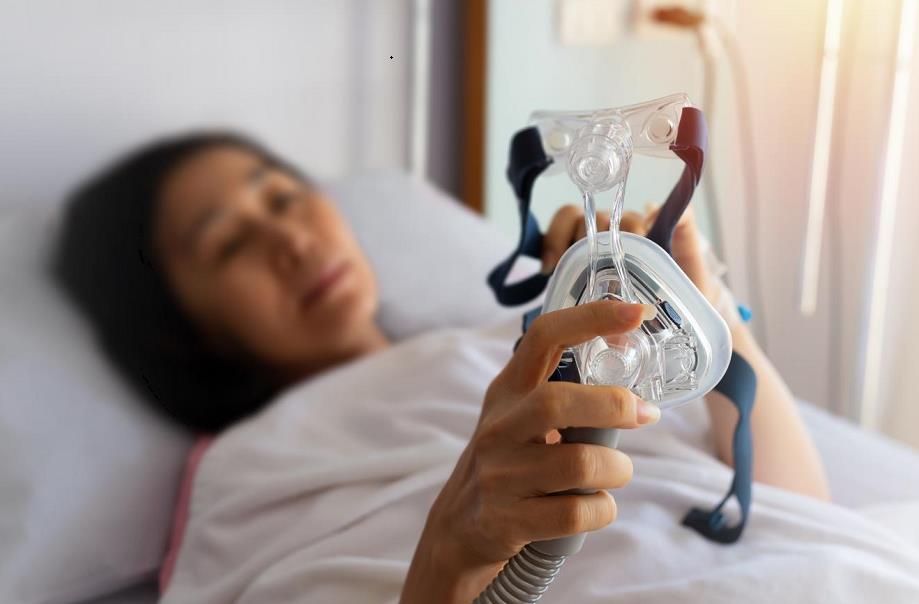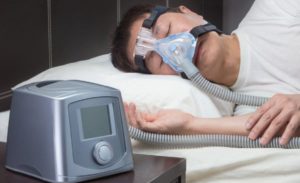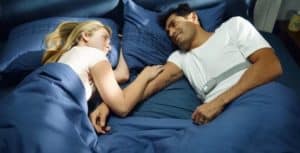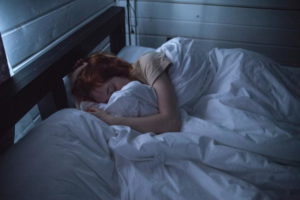For most chronic snorers or people who suffer from sleep apnea, getting a good night’s sleep on a regular basis seems impossible. As a result, they suffer from multiple inconveniences, if not painful symptoms such as excessive tiredness, daytime sleepiness, morning headaches, dry mouth, sore throat, and more. Sleep apnea, however, is treatable.
The most common fix for this problem is called Continuous Positive Airway Pressure (CPAP) device. However, there are more options available today so that you can get sleep apnea treatment without CPAP.
Understanding CPAP’s Challenges
CPAP is a positive airway pressure ventilation device. It involves a mask and a hose that delivers a constant level of pressure to the upper airway slightly higher than atmospheric pressure. The thing with this treatment though is that wearing a mask during sleep is not for everyone. The mask feels cumbersome, intrusive, and restrictive. Also, it causes uncomfortable side effects such as stuffy nose, dry mouth, and facial irritation.
In addition, the device makes a noisy sound while operating. Plus, it can be bulky and quite inconvenient to travel with. Fortunately, you can find an alternative sleep apnea treatment without CPAP.
Before you search for CPAP alternatives, however, it is important to understand why it’s not for you. Like any other form of treatments, it is only effective if you are using it. If you constantly struggle to stay compliant in using it, then you need to explore other alternatives.
Is your sleep apnea mild, moderate, or severe?
One good way to assess if you are a good candidate for CPAP alternatives is to understand the severity of your case. Sleep apnea can range from mild, moderate, to severe. Choosing the right treatment alternative for you depends on the severity of your condition. Most mild and moderate conditions can be addressed by less invasive and less-cumbersome options.
Here are some of the best options out there for you to choose from.
For Mild to Moderate Sleep Apnea
Lifestyle Change
Simple lifestyle changes which include exercise, weight loss, and balanced diet can help minimize or even treat sleep apnea and its symptoms. Working towards a healthy weight reduces fatty deposits around the tongue and neck that restricts air flow.
Subsequently, reducing abdominal fat can help the lungs increase its volume and improve its airway traction functions, keeping the airway from collapsing during sleep.
Research estimates that a weight loss of around 15% could drastically reduce the severity of Obstructive Sleep Apnea (OSA) of up to 50% for moderately obese patients. The improved overall health and quality of life weight loss can provide is a bonus.
Oral Appliance Therapy
Another common option involves the use of a removable oral appliance worn during sleep. This is similar to an orthodontic retainer or a mouth guard. The job of this device is to keep the airways from collapsing by supporting the jaw in forward position or by holding the tongue.
For this device to be effective, it must be custom-fitted. While there are many over-the-counter sleep mouth guards available in drug stores, they’re not highly recommended for treating sleep apnea and snoring.
The big advantage of this device is it is small, easy-to-use, and portable. They come in two basic types:
- Mandibular repositioning type – This is the most common type and is designed to reposition the patient’s jaw forward and slightly down to keep the airway open.
- Tongue retaining type – It holds the tongue in place to open up the airways.
Positional Therapy
Positional therapy is as simple as changing your sleeping position. Most people snore when they sleep on “supine position” (their backs). Sleeping on the side will help to establish a normal breathing pattern.
Sleep doctors recommend the use of a special device worn around the waist or back to keep patients from sleeping on their side. This is a highly effective treatment for people who don’t like using the CPAP device.
For severe cases
Surgery
Surgical operation for sleep apnea involves the removal of excess tissue around the throat that is responsible for restricting airflow. This could be the areas around the tongue, adenoids and tonsils, soft palate and uvula, and/or upper and lower jaw.
While usually minimally invasive, the complexity of the procedure varies from one case to another.
However, surgical procedure is not a one-size-fits-all solution. Some may benefit from it more than others. Also, it comes with plenty of unpleasant side-effects, such as pain, bleeding, jaws wired shut, throat swelling, and limited diet (soft food) for several weeks. Also, it requires an overnight hospital stay.
In some cases, the benefits of this procedure may not be permanent, as snoring may reoccur later.
Takeaways
Sleep apnea treatment without CPAP is absolutely possible, and there are tons of effective alternatives out there. The best way to go about it is to talk to your doctor (dentist or a sleep specialist) to find the suitable course of treatment for you.


























